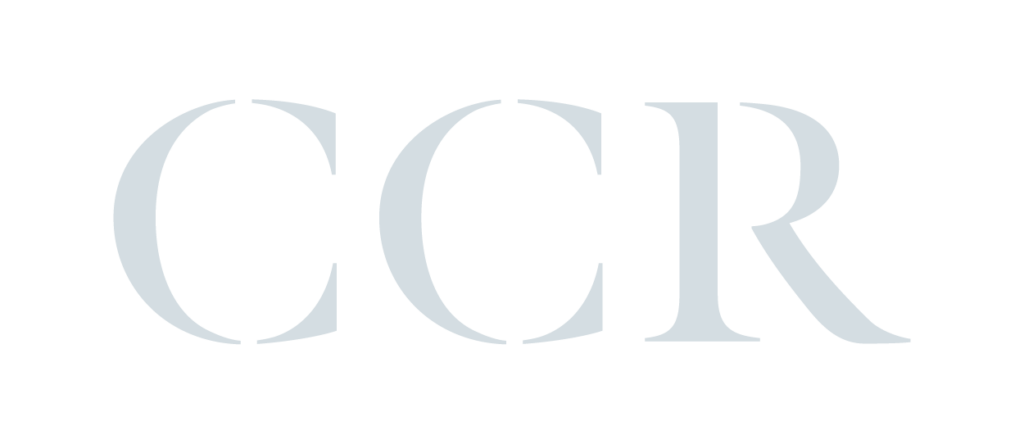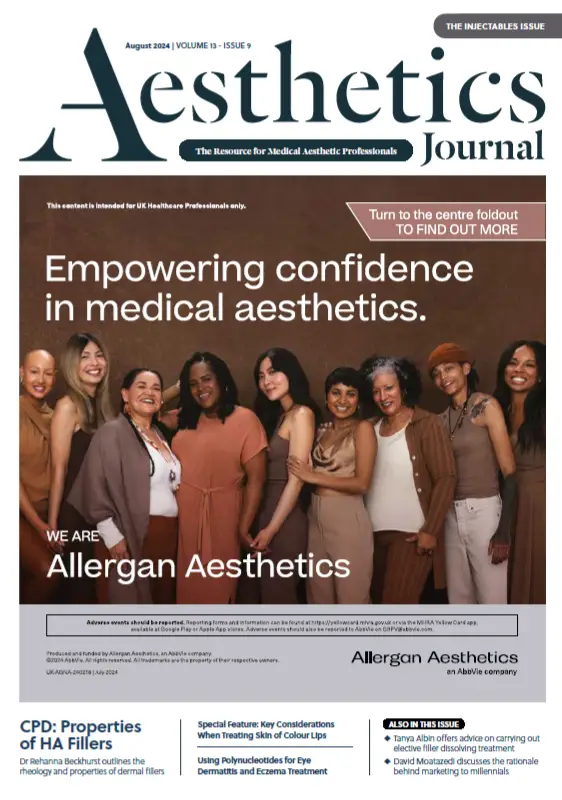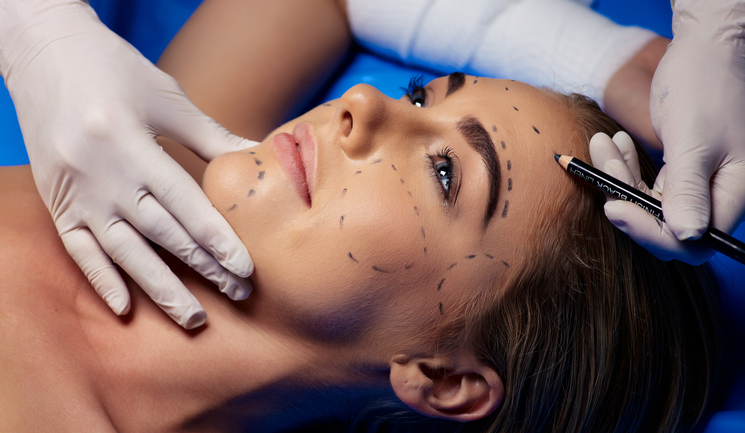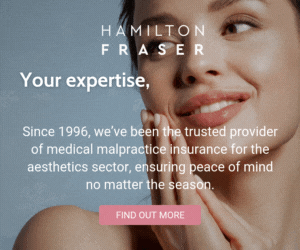Many aesthetic training companies are planning to resume live clinical training for treatments such as injectables from July 4 with new COVID-19 safety measures in place.
Aesthetics spoke to Harley Academy and Cosmetic Courses, which both confirmed that they will be running hands-on training while employing advised safety measures for staff, trainees and patients.
Dr Tristan Mehta, CEO of Harley Academy, stated, “In order to keep patients and trainees safe, we will be live-streaming to groups of practitioners on our Level 7 programme observing their injection cases. For hands-on training, we will only be running 1:1 training in individual clinic rooms. We believe this is the only safe way to conduct training in the current climate. And of course, within our academy sites, we will be adhering to the advised social distancing, PPE and hygiene measures.”
Director of Cosmetic Courses, consultant plastic surgeon Mr Adrian Richards, commented, “Although this has been a hard time for any business, we have utilised this time to work on our company, ensuring we are prepared for our return whilst also providing the theory side of our training online for all medical professionals, at any stage of their aesthetic career. We look forward to reopening our doors on July 4 with our dedicated staff and trainers ready for our return. All staff will be tested for COVID-19, and those who come to our clinics will have to declare they are in a fit and healthy state before arrival, with us also providing temperature checks for all those who enter. Training will take place in small group sessions ensuring social distancing is carried out.”
Chair of the Joint Council for Cosmetic Practitioners (JCCP) Professor David Sines, highlights the importance of complying to government and industry guidance to ensure patient and staff safety.
Professor Sines, said, “It is encouraging to see various sectors and industries resuming services and functions within the UK with gradual and considered phases. Of course we want to see the non-surgical sector thrive again but the nature of treatments themselves means both practitioners and trainers must apply careful consideration towards their practice spaces, PPE, waiting areas, appointment lengths and the treatments themselves among many other factors. Advice regarding this can be found in the returning to work guidance.”
He added, “Training academies must also look to government guidance and follow the advice of their insurers. They too will have to take into account some similar precautions such as greater restrictions on physical classroom time and delegate numbers to allow for distancing. As much as possible, some theoretical modules should be taught and discussed online and of course they must reflect on how to carry out any physical demonstrations with extreme caution and whether to conduct them at all at this point.”

